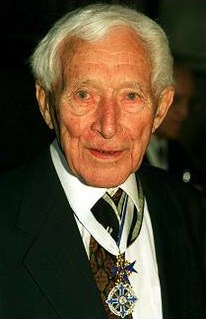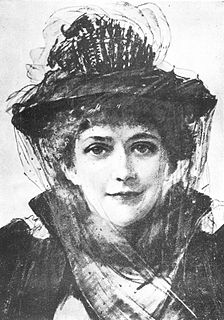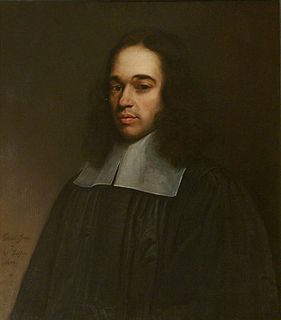A Quote by Ernst Junger
The (capital punishment) controversy passes the anarch by. For him, the linking of death and punishment is absurd. In this respect, he is closer to the wrongdoer than to the judge, for the high-ranking culprit who is condemned to death is not prepared to acknowledge his sentence as atonement; rather, he sees his guilt in his own inadequacy. Thus, he recognizes himself not as a moral but as a tragic person.
Related Quotes
No matter what his crimes were, Alton Sterling did not deserve to be executed for them. Look, guys, the punishment for resisting arrest shouldn't be death. The punishment for selling bootleg CDs shouldn't be death. The punishment for having a gun in an open-carry state shouldn't be death. The punishment for being a black man shouldn't be death.
The man who works recognizes his own product in the world that has actually been transformed by his work. He recognizes himself in it, he sees his own human reality in it he discovers and reveals to others the objective reality of his humanity of the originally abstract and purely subjective idea he has of himself
We have a legal system, and this is not something that happens all the time. We have capital punishment. America has capital punishment. Iran has capital punishment. Iran hangs people and leaves their bodies hanging on cranes. Iran put to death more than a thousand people last year. I don't see EU reporting on it.
The judge who sits over the murderer and looks into his face, and at one moment recognizes all the emotions and potentialities and possibilities of the murderer in his own soul and hears the murderer's voice as his own, is at the next moment one and indivisible as the judge, and scuttles back into the shell of his cultivated self and does his duty and condemns the murderer to death.
Capital punishment is the most premeditated of murders, to which no criminal's deed, however calculated can be compared. For there to be an equivalency, the death penalty would have to punish a criminal who had warned his victim of the date at which he would inflict a horrible death on him and who, from that moment onward, had confined him at his mercy for months. Such a monster is not encountered in private life.
When the father dies, he writes, the son becomes his own father and his own son. He looks at is son and sees himself in the face of the boy. He imagines what the boy sees when he looks at him and finds himself becoming his own father. Inexplicably, he is moved by this. It is not just the sight of the boy that moves him, not even the thought of standing inside his father, but what he sees in the boy of his own vanished past. It is a nostalgia for his own life that he feels, perhaps, a memory of his own boyhood as a son to his father.
Some souls think that the Holy Spirit is very far away, far, far, up above. Actually he is, we might say, the divine Person who is most closely present to the creature. He accompanies him everywhere. He penetrates him with himself. He calls him, he protects him. He makes of him his living temple. He defends him. He helps him. He guards him from all his enemies. He is closer to him than his own soul. All the good a soul accomplishes, it carries out under his inspiration, in his light, by his grace and his help.
The believer is sensible of his infirmities, for it is supposed that he is wrestling under them. He sees, he feels, that he is not man enough for his work; that his own hands are not sufficient for him, nor his own back for his burden; this is what drives him out of himself to the grace that is in Christ Jesus. And thus he lies open to the help of the Spirit, while proud nature in unbelievers is left helpless.
For if it is not lawful to take the law into our own hands and slay even a guilty person, whose death no public sentence has warranted. Then certainly he who kills himself is a homicide, and so much the guiltier of his own death as he was more innocent of that offence for which he doomed himself to die.
No man could bring himself to reveal his true character, and, above all, his true limitations as a citizen and a Christian, his true meannesses, his true imbecilities, to his friends, or even to his wife. Honest autobiography is therefore a contradiction in terms: the moment a man considers himself, even in petto, he tries to gild and fresco himself. Thus a man's wife, however realistic her view of him, always flatters him in the end, for the worst she sees in him is appreciably better, by the time she sees it, than what is actually there.
Man's main task in life is to give birth to himself, to become what he potentially is. The most important product of his effort is his own personality. One can judge objectively to what extent a person has succeeded in his task, to what degree he has realized his potentialities. If he has failed in his task, one can recognize this failure and judge it for what it is - a moral failure.
Gordon Edgley's sudden death came as a shock to everyone - not least himself. One moment he was in his study, seven words into the twenty-fifth sentence of the final chapter of his new book, And the Darkness Rained upon Them, and the next he was dead. A tragic loss, his mind echoed numbly as he slipped away.





































